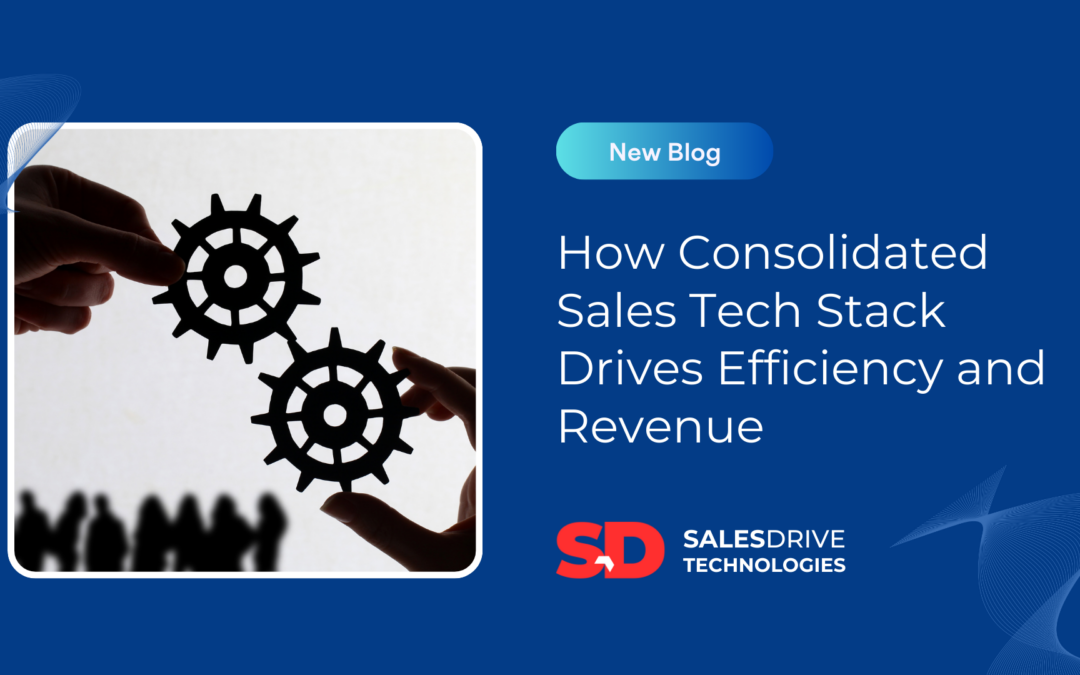Did you know that companies with well-designed sales compensation plans experience higher win rates and greater sales productivity compared to those with less effective plans?
Sales compensation managers play a critical role in driving organizational success. For many, sales compensation managers might conjure up images of spreadsheets and calculators. But this perception is rapidly becoming outdated.
Today, the role has undergone a significant transformation. Sales compensation managers design and implement compensation plans that go beyond simply calculating commissions. These plans are powerful tools used to motivate and retain top sales talent, ensuring a high-performing sales force that consistently drives revenue growth.
This evolution is crucial for organizational success. By creating compensation plans that incentivize the desired sales behaviors, companies can attract and retain high-performing salespeople, ultimately achieving their sales targets and revenue goals.
This blog post we will explore and highlight the key areas where their expertise delivers significant value to modern organizations.
The Strategic Role of Sales Compensation Managers
Sales compensation managers play a critical role in crafting and managing compensation plans that directly influence and motivate sales performance.
1. Designing Effective Sales Compensation Plans
Research and Analysis: They analyze market trends, industry benchmarks, and internal data to understand what motivates top performers and what aligns with overall business goals.
Collaborative Efforts: Sales compensation managers work closely with various departments, including finance, HR, and sales leadership, to ensure compensation plans are aligned with organizational objectives and reward the desired sales behaviors.
For example, a company might introduce a bonus structure that incentivizes salespeople to close deals on high-margin products, leading to a significant increase in both revenue and profitability.
2. Implementing and Updating Compensation Plans
Smooth Implementation: Sales compensation managers develop strategies for effectively rolling out and communicating new compensation plans to the sales team. This includes clear documentation, training sessions, and open communication channels to address any questions.
Adapting to Change: Market conditions and organizational goals can evolve. Sales compensation managers are responsible for revising plans based on these changes to ensure they remain effective. This might involve adjusting commission structures, incentive programs, or base salaries.
Industry examples showcase successful plan implementations, such as phasing in new structures or offering early access to incentives to create a sense of excitement and motivate immediate adoption.
3. Performance Measurement and Analysis
Setting Metrics: Sales compensation managers establish clear performance metrics to track the effectiveness of sales teams. This may include quota attainment, deal size, customer acquisition cost, or other relevant factors.
Data Analysis: They leverage data to analyze the effectiveness of the compensation plan and identify areas for improvement. This data can reveal if the plan is motivating the desired behaviors and driving sales performance as intended.
Analyzing data might show a low adoption rate for a new bonus structure. This could prompt adjustments to the program, such as lowering the performance threshold for earning the bonus, to increase participation and achieve desired outcomes.
4. Communication and Training
Clear Communication: Effective communication is crucial. Sales compensation managers translate complex plans into clear and easy-to-understand information for the sales team. This ensures everyone understands what actions are rewarded and how they can maximize their earnings under the plan.
Training Programs: Sales compensation managers develop training programs to educate salespeople on the details of the compensation plan, answer questions, and provide guidance on maximizing their earning potential.
Clear communication and comprehensive training keep the sales team informed and motivated. When salespeople understand how their actions translate to rewards, they are more likely to exhibit the desired behaviors and drive higher sales performance.
5. Compliance and Governance
Regulatory Landscape: Sales compensation plans need to comply with all relevant legal and regulatory requirements. Sales compensation managers stay updated on industry regulations, such as minimum wage laws or anti-discrimination policies.
Maintaining Compliance: Compensation plans are reviewed and adjusted to ensure they meet evolving regulatory standards. This helps to mitigate legal risks and maintain a fair and compliant compensation structure for the sales team.
Tech-Powered Transformation: Sales Compensation Management Evolves
Innovative technology is transforming the role, empowering sales compensation managers to become even more strategic partners within the organization.
Leveraging Technology for Efficiency
Purpose-built sales compensation management software offers a powerful suite of tools specifically designed for this function. These tools can significantly improve efficiency by:
Automating Tasks: Repetitive tasks like calculating commissions and bonuses can be automated, freeing up valuable time for more strategic work.
Streamlining Processes: Manual data entry and error-prone calculations become a thing of the past. Software streamlines the entire compensation management process, ensuring accuracy and real-time data visibility.
Real-Time Performance Tracking: Sales compensation managers can now gain instant insights into sales team performance. This allows for data-driven decisions, quick adjustments to compensation plans, and the ability to identify top performers and areas for improvement.
Future Trends:
The future of sales compensation management is bright, with emerging technologies poised to further enhance the role. We can expect to see advancements in areas like:
Artificial Intelligence (AI): AI-powered tools can analyze vast amounts of data to identify trends and predict sales performance. This allows for even more personalized and effective compensation plans.
Machine Learning (ML): Machine learning algorithms can continuously learn and adapt, recommending adjustments to plans based on real-time data and market fluctuations.
By embracing these technological advancements, sales compensation managers can become even more strategic in their approach, ultimately driving higher sales performance and achieving organizational goals.
Paths to Becoming a Sales Compensation Manager
The world of sales compensation management offers a rewarding career for individuals who are passionate about driving sales success through strategic planning and data analysis. There are several paths you can take to reach this role, each offering a unique perspective:
Sales & Consulting Experience: A strong foundation in sales operations and performance management is invaluable. Working directly in sales or consulting provides firsthand understanding of the challenges and opportunities faced by salespeople. This experience allows you to design compensation plans that are not only financially sound but also truly motivate and incentivize desired sales behaviors.
Financial Analyst or Operations Background: Financial skills and data analysis expertise are critical assets for a sales compensation manager. If your background lies in finance or operations, you can leverage your analytical strengths to develop and implement data-driven compensation plans.
Compensation Technology Expertise: The rise of sales performance management (SPM) software has created a growing demand for specialists in this area. Becoming an expert in these tools allows you to streamline processes, ensure data accuracy, and unlock the full potential of technology to optimize sales compensation strategies.
Essential Skills for Sales Compensation Managers
Regardless of your chosen path, there are key skills that will make you a successful sales compensation manager:
Analytical Understanding: Mastering sales compensation analytics is crucial. You need to be able to interpret complex data sets, identify trends, and leverage this information to design and refine compensation plans for maximum impact.
Strategic Thinking: Effective compensation plans are not created in a vacuum. Sales compensation managers need to be strategic thinkers who can align compensation structures with broader business objectives. This involves understanding market dynamics, competitor strategies, and how different incentive structures can influence sales behaviors to achieve specific business goals.
Interpersonal Skills: Collaboration is key in this role. Sales compensation managers work closely with various stakeholders, including finance, HR, and sales leadership. Strong communication, interpersonal skills, and the ability to navigate diverse perspectives are essential for plan development, buy-in, and successful implementation.
Conclusion
The role of a sales compensation manager is more crucial than ever. By strategically leveraging a combination of experience, skills, and technology, these professionals can become valuable assets, driving sales motivation, optimizing performance, and propelling organizational growth. Whether you’re already in sales or considering a career shift, the world of sales compensation management offers a dynamic and rewarding path for those who are passionate about creating a win-win situation for both the company and its sales force.
Ready to take your sales compensation strategy to the next level? Salesdrive Technologies (www.salesdrivetech.com) is a leading provider of Oracle CX solutions and experts in Sales Performance Management (SPM) and Incentive Compensation Management (ICM). Our team of specialists can help you design, implement, and optimize compensation plans that drive sales success. Contact us today to learn more about how we can help your organization achieve its sales goals.




